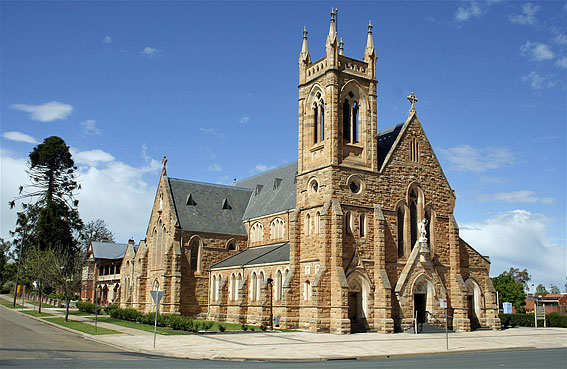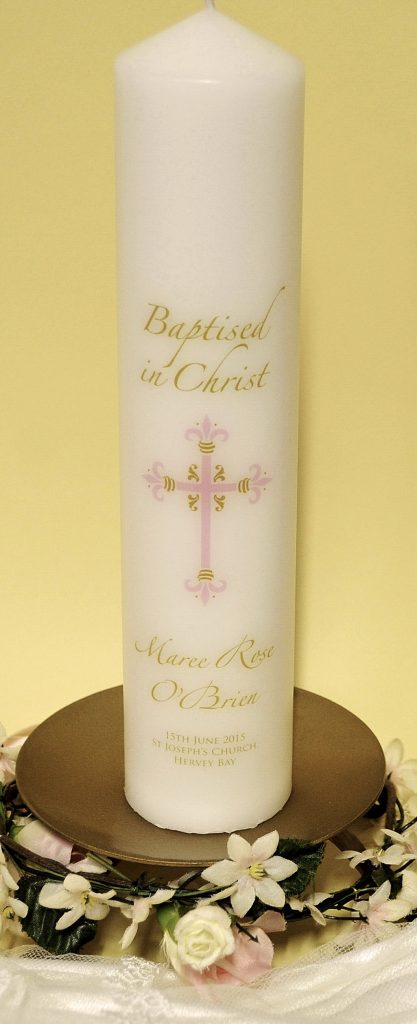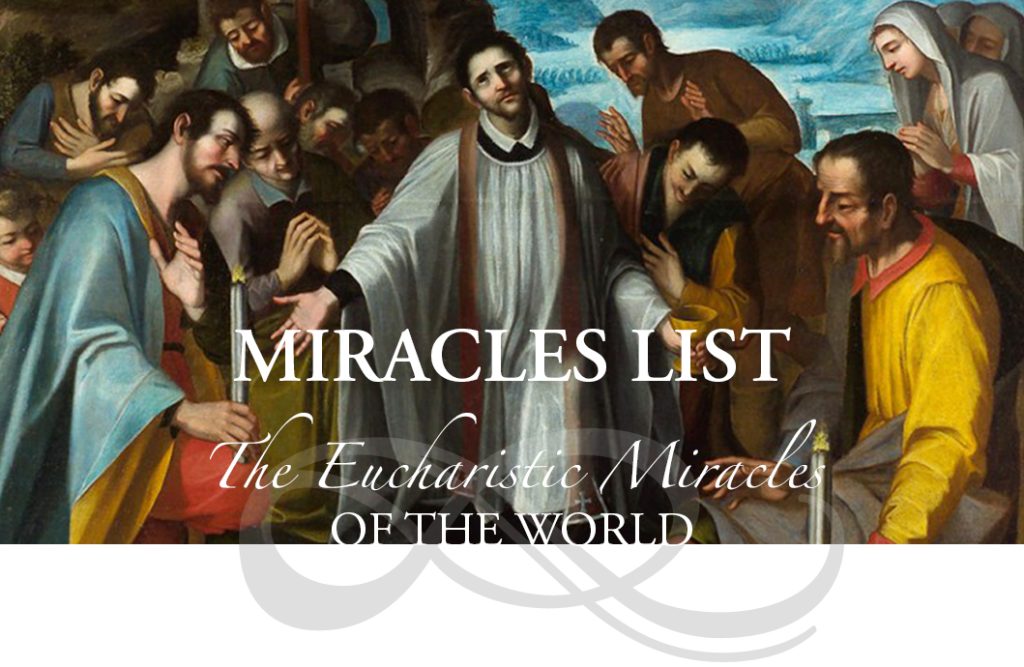APOSTLES CREED
in a nutshell
I believe in God, the Father Almighty, Creator of Heaven and earth; and in Jesus Christ, His only Son Our Lord, Who was conceived by the Holy Spirit, born of the Virgin Mary, suffered under Pontius Pilate, was crucified, died, and was buried. He descended into Hell; the third day He rose again from the dead; He ascended into Heaven, and sitteth at the right hand of God, the Father almighty; from thence He shall come to judge the living and the dead. I believe in the Holy Spirit, the holy Catholic Church, the communion of saints, the forgiveness of sins, the resurrection of the body and life everlasting. Amen
Article 1: I believe in God, the Father Almighty, Creator of heaven and earth. This affirms that God exists, that he’s a Triune God (one God in three persons, known as theHoly Trinity), and that he created the known universe.
Article 2: And in Jesus Christ, his only Son, our Lord. This attests that Jesus is the Son of God and that he’s most certainly divine. The word Lord implies divinity, because the Greek Kyrios and the Hebrew Adonai both mean “lord” and are ascribed only to God. So the use of Lord with Jesus is meant to profess his divinity. The name Jesuscomes from the Hebrew Jeshua, meaning “God saves.” So Catholics believe that Jesus is Savior.
Article 3: Who was conceived by the power of the Holy Spirit and born of the Virgin Mary. This affirms the human nature of Christ, meaning he had a real, true human mother, and also affirms his divine nature, meaning he had no human father but by the power of the Holy Spirit was conceived in the womb of the Virgin Mary. He’s therefore considered both God and man by Christians—fully divine and fully human.
Article 4: He suffered under Pontius Pilate, was crucified, died, and was buried. The human nature of Christ could feel pain and actually die, and he did on Good Friday. The mention of Pontius Pilate by name wasn’t meant so much to vilify him forever in history but to place the Crucifixion within human history.
Reference is made to an actual historical person, the Roman governor of Judea, appointed by Caesar, to put the life and death of Jesus within a chronological and historical context. It also reminds the faithful that one can’t blame all Jews for the death of Jesus, as some have erroneously done over the ages. Certain Jewish leaders conspired against Jesus, but the actual death sentence was given by a Roman and carried out by Roman soldiers. So both Jew and Gentile alike shared in the spilling of innocent blood. Anti-Semitism based on the Crucifixion of Jesus is inaccurate, unjust, and erroneous.
Article 5: He descended into hell. The third day he arose again from the dead. The hell Jesus descended into wasn’t the hell of the damned, where Jews and Christians believe the devil and his demons reside. Hell was merely a word that Jews and early Christians used to describe the place of the dead. This passage affirms that on the third day he rose, meaning Jesus came back from the dead of his own divine power. He wasn’t just clinically dead for a few minutes; he was dead dead — then he rose from the dead. More than a resuscitated corpse, Jesus possessed a glorified and risen body.
Article 6: He ascended into heaven and is seated at the right hand of God the FatherAlmighty. The Ascension reminds the faithful that after the human and divine natures of Christ were united in the Incarnation, they could never be separated. In other words, after the saving death and Resurrection, Jesus didn’t dump his human body as if he didn’t need it anymore. Catholicism teaches that his human body will exist forever. Where Jesus went, body and soul, into heaven, the faithful hope one day to follow.
Article 7: He will come again to judge the living and the dead. This article affirms the Second Coming of Christ at the end of the world to be its judge. Judgment Day, Day of Reckoning, Doomsday—they’re all metaphors for the end of time when what’s known as the General Judgment will occur. Catholics believe that after the death of any human person, immediate private judgment occurs and the person goes directly to heaven, hell, or purgatory (an intermediate place in preparation for heaven).
Article 8: I believe in the Holy Spirit, This part reminds the believer that God exists in three persons — the Holy Trinity — God the Father, God the Son, and God the Holy Spirit. What’s referred to as the Force in the movie Star Wars isn’t the same as the Holy Spirit, who is a distinct person equal to the other two — God the Father and God the Son.
Article 9: the holy catholic Church, the Communion of Saints, Catholics believe that the Church is more than a mere institution and certainly not a necessary evil. It’s an essential dimension and aspect of spiritual life. Christ explicitly uses the word church(ekklesia in Greek) in Matthew 16 when he says, “I will build My Church.
Article 10: the forgiveness of sins, Christ came to save the world from sin. Belief in the forgiveness of sins is essential to Christianity. Catholicism believes sins are forgiven in Baptism and in the Sacrament of Penance.
Article 11: the resurrection of the body, From the Catholic perspective, a human being is a union of body and soul, so death is just the momentary separation of body and soul until the end of the world, the Second Coming of Christ, the General Judgment, and the resurrection of the dead. The just go, body and soul, into heaven, and the damned go, body and soul, into hell.
Article 12: And in life everlasting. As Christ Our Savior died, so, too, must mere mortals. As he rose, so shall all human beings. Death is the only way to cross from this life into the next. At the very moment of death, private judgment occurs; Christ judges the soul:
* If it’s particularly holy and virtuous, the soul goes directly to heaven. If it’s evil and wicked and dies in mortal sin it does to eternal punishment. If a person lived a life not bad enough to warrant hell but not holy enough to go right to heaven, Catholics believe the soul goes to purgatory, which is a middle ground between heaven and earth, a state where departed souls want to go to be cleansed of any attachments to sin before going through the pearly gates.
Ten Commandments
According to Exodus in the Old Testament, God issued his own set of laws (the to Moses on Mount Sinai. The Ten Commandments are considered divine law because God himself revealed them. And because they were spelled out specifically with no room for ambiguity, they’re alsopositive law. Hence they’re also known as divine positive law.
The Church doesn’t see the Ten Commandments as arbitrary rules and regulations from the man upstairs but as commandments for protection. Obey them and eternal happiness is yours. Disobey them and suffer the consequences.
The ten commandments, in order, are:
- “I am the Lord thy God, thou shalt not have any strange gods before Me.”This commandment forbids idolatry, the worship of false gods and goddesses, and it excludespolytheism, the belief in many gods, insisting instead on monotheism, the belief in one God. This commandment forbids making golden calves, building temples to Isis, and worshipping statues of Caesar, for example.
- “Thou shalt not take the name of the Lord thy God in vain.”The faithful are required to honor the name of God. It makes sense that if you’re to love God with all your heart, soul, mind, and strength, then you’re naturally to respect the name of God with equal passion and vigor.
- “Remember to keep holy the Sabbath day.”The Jewish celebration of Sabbath (Shabbat) begins at sundown on Friday evening and lasts until sundown on Saturday. Catholic, Protestant, and Orthodox Christians go to church on Sunday, treating it as the Lord’s Day instead of Saturday to honor the day Christ rose from the dead.
- “Honor thy father and mother.”This commandment obliges the faithful to show respect for their parents — as children andadults. Children must obey their parents, and adults must respect and see to the care of their parents, when they become old and infirm.
- “Thou shalt not kill.”The better translation from the Hebrew would be “Thou shalt not murder” — a subtle distinction but an important one to the Church. Killing an innocent person is considered murder. Killing an unjust aggressor to preserve your own life is still killing, but it isn’t considered murder or immoral.
- “Thou shalt not commit adultery.”The sixth and ninth commandments honor human sexuality. This commandment forbids the actual, physical act of having immoral sexual activity, specifically adultery, which is sex with someone else’s spouse or a spouse cheating on their partner. This commandment also includes fornication, which is sex between unmarried people, prostitution, pornography, homosexual activity, masturbation, group sex, rape, incest, pedophilia, bestiality, and necrophilia.
- “Thou shalt not steal.”The seventh and tenth commandments focus on respecting and honoring the possessions of others. This commandment forbids the act of taking someone else’s property. The Catholic Church believes that this commandment also denounces cheating people of their money or property, depriving workers of their just wage, or not giving employers a full day’s work for a full day’s pay. Embezzlement, fraud, tax evasion, and vandalism are all considered extensions of violations of the Seventh Commandment.
- “Thou shalt not bear false witness against thy neighbor.”The Eighth Commandment condemns lying. Because God is regarded as the author of all truth, the Church believes that humans are obligated to honor the truth. The most obvious way to fulfill this commandment is not to lie — intentionally deceive another by speaking a falsehood. So a good Catholic is who you want to buy a used car from.
- “Thou shalt not covet thy neighbor’s wife.”The Ninth Commandment forbids the intentional desire and longing for immoral sexuality. To sin in the heart, Jesus says, is to lust after a woman or a man in your heart with the desire and will to have immoral sex with them. Just as human life is a gift from God and needs to be respected, defended, and protected, so, too, is human sexuality. Catholicism regards human sexuality as a divine gift, so it’s considered sacred in the proper context — marriage.
- “Thou shalt not covet thy neighbor’s goods.”The Tenth Commandment forbids the wanting to or taking someone else’s property. Along with the Seventh Commandment, this commandment condemns theft and the feelings of envy, greed, and jealousy in reaction to what other people have.








